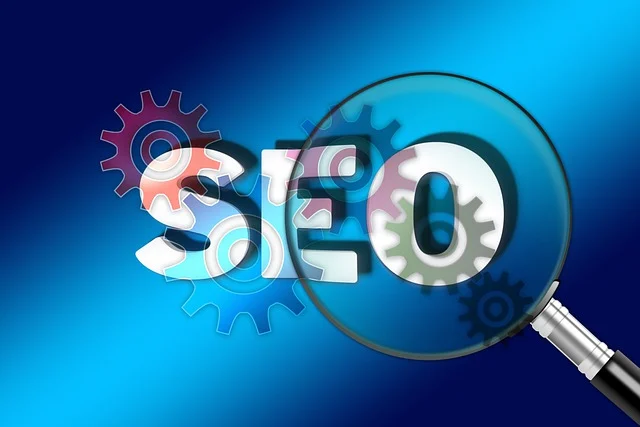
Google Describes How to Use H1-H6 Headings in SEO
Gary Illyes of Google Describes SEO Heading Elements
Google’s Gary Illyes responded to a question on how best to utilize header elements (H1, H2, etc.) for search engine optimization. His justification shed light on the significance of these heading components in digital marketing.
Recognizing Heading Elements
Web pages cannot exist without HTML components, much as a building cannot exist without its foundation and roof. When a web page’s headers are visible, it effectively creates a list of themes by indicating the primary subject and any subtopics.
Headings are defined as follows by the World Wide Web Consortium (W3C), which specifies HTML:
- There are six levels of headers in HTML. Every heading element includes all font adjustments, paragraph breaks, and any white space needed to show the heading. The most essential heading element is H1, while the least important is H6.
- When organizing papers, headings, and lists are connected. It is customary to number headers or add images that resemble list bullets.
- Technically, it is correct to arrange headers hierarchically.
The View From Google About Headings
The inquiry concerned the applicability of the SEO Starter Guide’s recommendation to arrange headers in a “semantic” sequence for screen readers (text-aloud devices), particularly in light of an SEO tool’s recommendation.
The query was read aloud by Gary Illyes:
“Having headings in semantic order is fantastic for screen readers, but from a Google Search perspective, it doesn’t matter if you’re using them out of order,”
I recently read in the SEO beginner guide. Is this accurate since I was informed otherwise by an SEO tool?
Using header components to indicate the significance of various parts on a web page makes sense. Thus, this issue is legitimate.
Gary answered:
To maintain our documentation up to date, we update it often. What you read in the SEO beginner guide is correct; it was updated a few months ago.
A concept may still sound but not necessarily significant for Google; just because a non-Google tool declares something excellent or terrible doesn’t imply it matters to Google.
Google’s importance
Regarding headers, the official HTML specifications are ambiguous.
According to the standards:
A header element presents the subject matter of the section in short. User agents might automatically use this data to create a document’s table of contents.
Additionally:
The heading components are arranged from highest (most significant) level, H1, to lowest (least important) level, H6.
Although the HTML5 headings standards stipulate that headings mark the beginning of new parts inside a web page, they do not explicitly specify a hierarchical order. Although “the standards encourage nesting” heads for subtopics, this is only a strong recommendation, not a rigid requirement.
The first heading element in that section represents a section’s header. Lower-ranked headings begin subsections of the preceding paragraph, whereas headings of equal or higher rank initiate new sections. Although headings may have any rank, writers are strongly urged to adopt rankings corresponding to the section’s nesting level.
- Although it may seem odd, the guidelines advise the use of just H1 components; nevertheless, this is merely a suggestion and not a requirement.
- The official HTML standards are stricter regarding using heading elements hierarchically (from most essential to least important) for accessibility.
- Google follows official guidelines for using header components, except for accessibility considerations.
- The SEO tool is accurate when it says that header components should be used hierarchically. However, it is incorrect to imply that this is better for SEO.
- Thus, whereas H1 is not essential for Google, it is for screen readers. It has been a while since H1 was Google’s most significant heading, but only in a few years.
- Although this is untrue, several SEO tools and SEOs feel that H1 is Google’s most significant heading.
Author Bio
Sophia Harris is a skilled SEO writer who has worked in digital marketing for over ten years. Sophia, based in Dunedin, Florida, is an expert at producing engaging content that improves search engine ranks and increases visitors. Her proficiency in link development, on-page SEO, and keyword research guarantees her customers the best SEO services in Dunedin FL. Many organizations have benefited from Sophia’s commitment to keeping abreast of SEO trends and algorithms, enabling them to accomplish their online marketing objectives. Sophia likes to explore Dunedin’s stunning beaches and lively local culture when she’s not writing.
